Could’ve, Should’ve
Regret. Guilt. Disappointment. Failure. These are all normal feelings for human beings.
Looking back instead of forward. Wishing we can do it again. Resenting the way things have turned out.
Not normal. Not a good thing. Probably a waste of time.
I remember taking math tests or other difficult exams back in the days of school and even college. I recall having what we called the “post mortem.” We would gather together outside of the classroom and compare which answers we put for specific questions. It was so ridiculous because the look on one’s friend face when she realized that “c” was the wrong answer to a multiple choice question was enough to make me melt. Who wants to be the one to cause someone else to think, “Aaargh! I should NOT have changed my answer!?”
Rule Number One: Go with your instincts. Don’t change the answer, because the first answer is always the right one. Right? Except when it is not. But hindsight is 20-20, and when going through the post-mortem in the hallway amongst one’s friends, it is very easy to feel, “Shucks! Why did I write that? What was I thinking?”
I should’ve reviewed my answers. I could’ve gotten an A. And now I only got a B. Or a C. I wish I could take a retest. If only I was more careful.
What are the points of these regretful feelings?
My husband likes to share a common quote from Sandy Koufax, the famous pitcher who was known to speak about his success at baseball. He said that his success began when he “stopped worrying about the last pitch, and starting planning the next pitch.”
As a grandmother, I often hear my peers speaking about their regrets.
“I wish I had gone out to work when my kids were little.”
“If only I was home for my kids.”
“What a shame that I made so many mistakes on my children.”
And on they go – the sadness, the shame, the disappointment.
And the resentment. Yes, I know people who are in their 80’s and 90’s and due to their extreme regret at not accomplishing what they felt they “should” have or “could” have done in their lives, they project those regrets onto others like this:
“Oh you people – you are doing it all wrong.”
“Oh – you young folks, you don’t know how to raise your children.”
Why do they talk like that? Well I once read an article by Dr. Abraham Twersky, the famed psychiatrist. He claimed that if an elderly person can spend his or her end-of-years discussing how “terrible” this world is and other people are, then he or she is lessening the blow that his own life was perhaps one big regret.
So let’s take a lesson from all this. Let’s avoid “could’ve” and “should’ve” statements.
As some like to say, “It is what it is.”
No point in arguing with that. Live in the present. Do our best with each day we are given. And then move on.

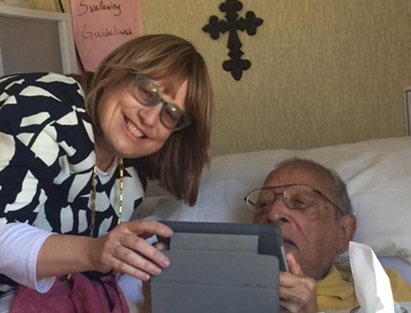
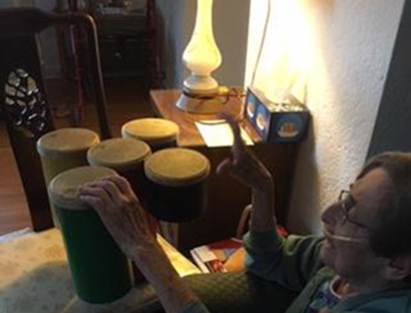
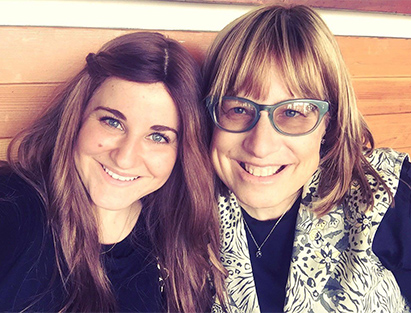
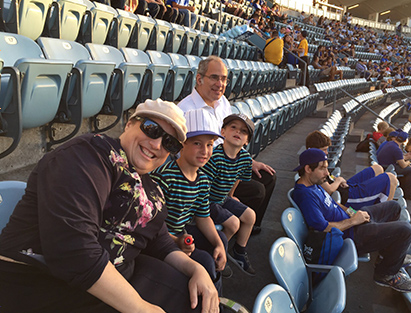


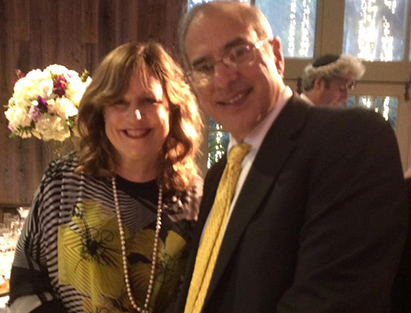
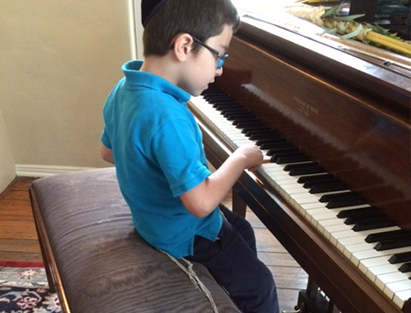
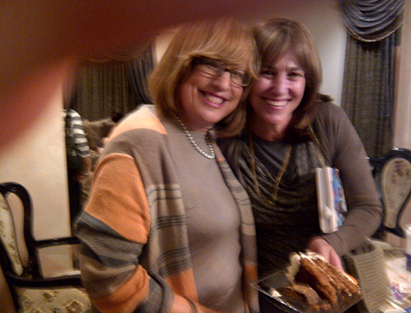
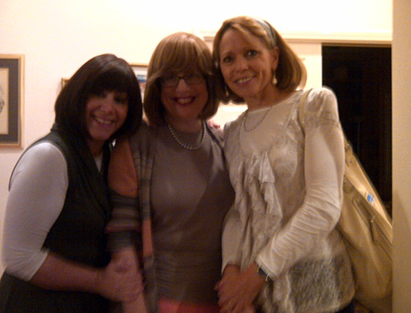

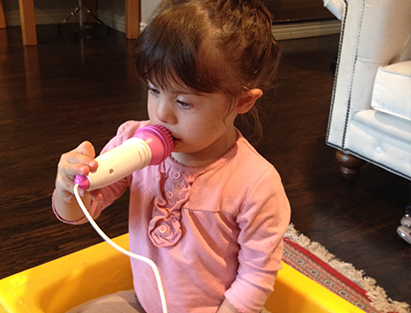

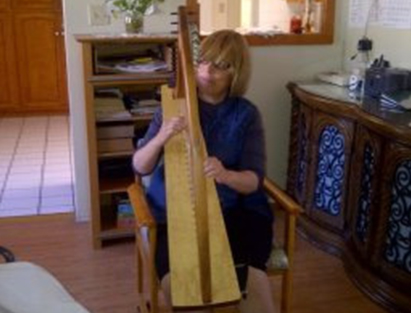

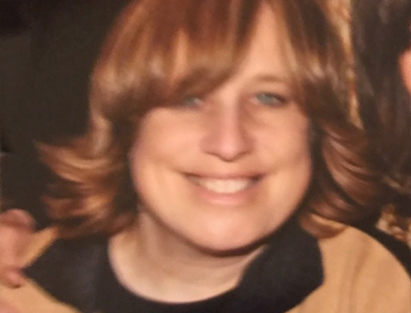

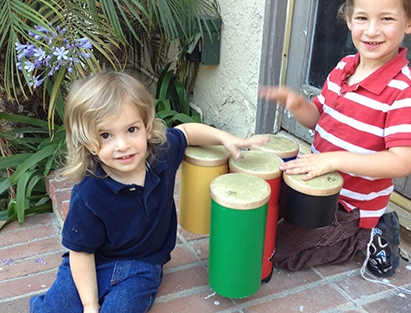
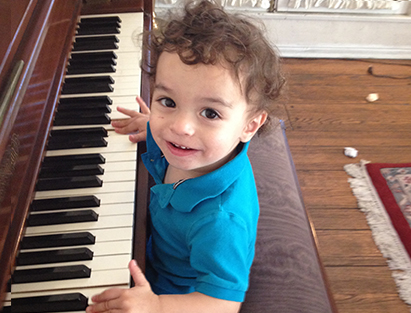
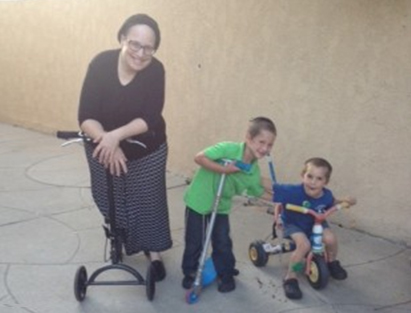
[…] Could’ve, Should’ve (bubbyjoysandoys.com) […]